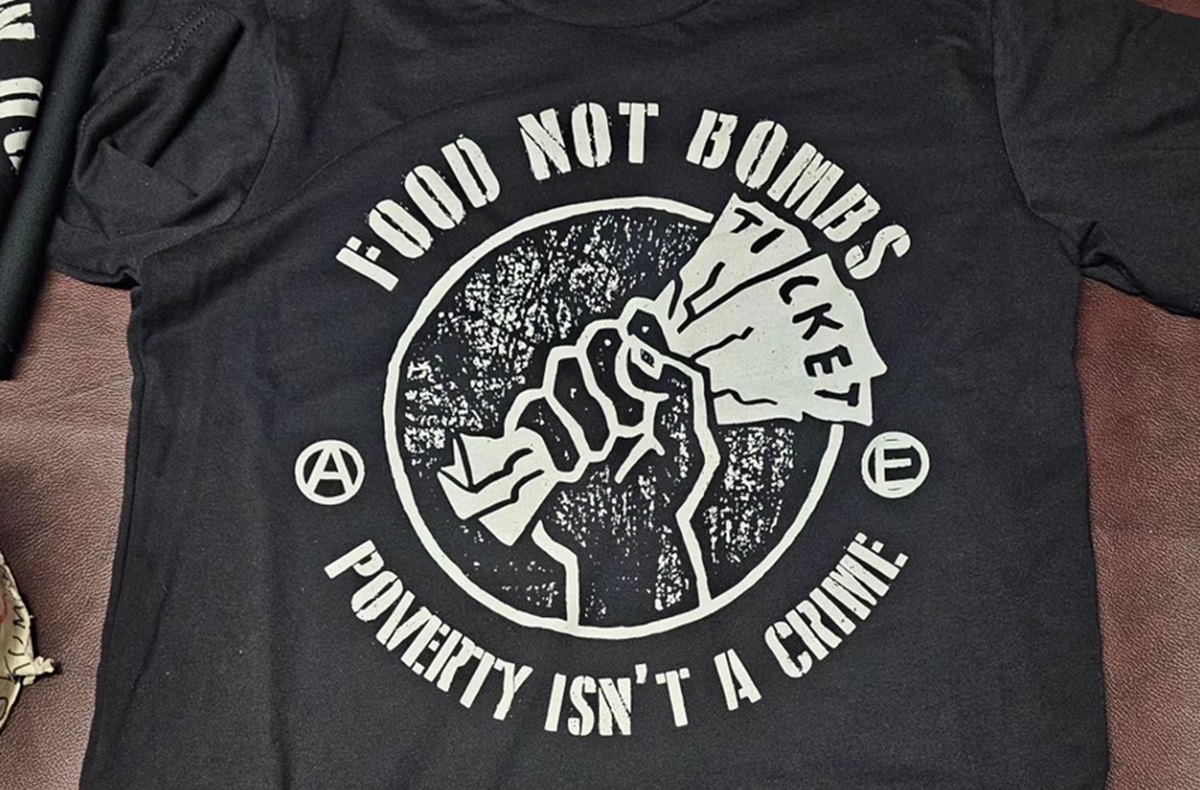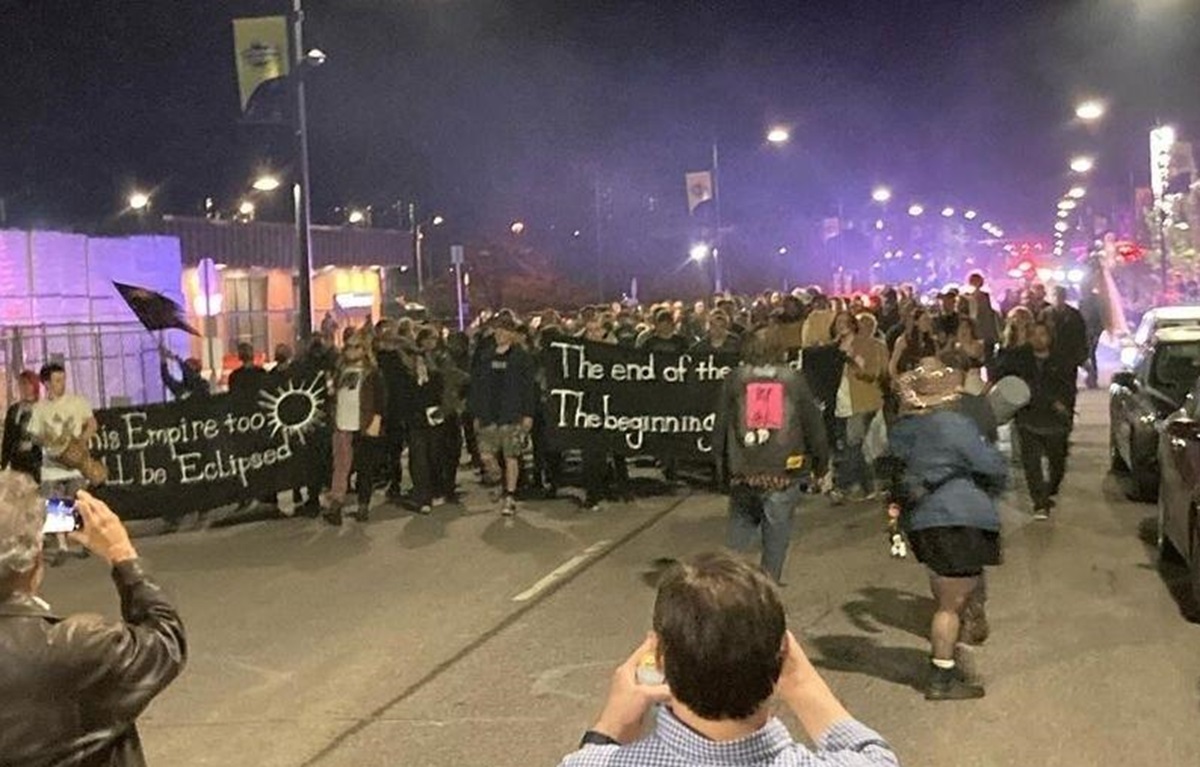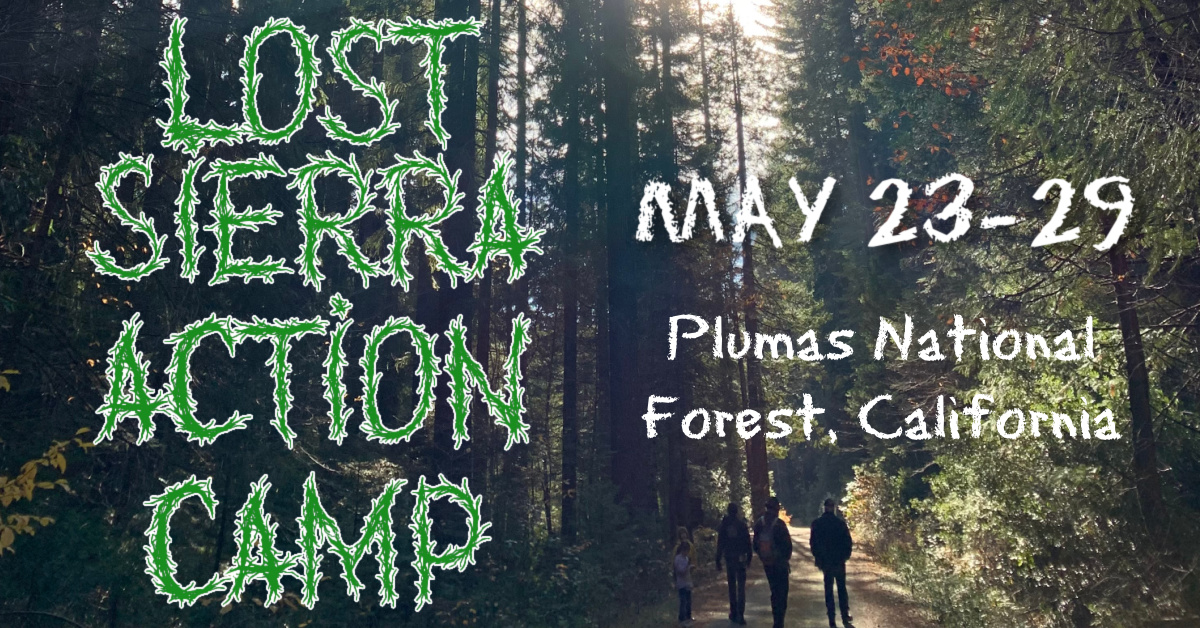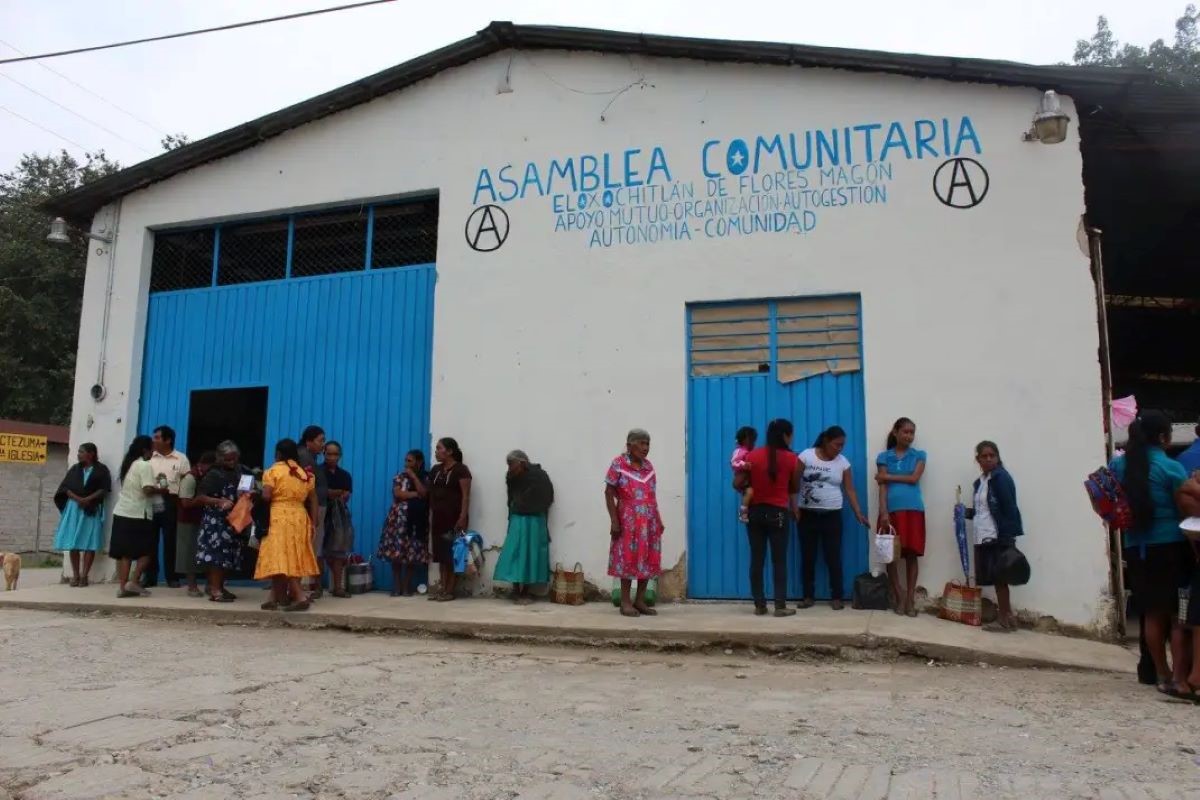Filed under: Action, Anarchist Movement, Health Care, Interviews, Solidarity, US
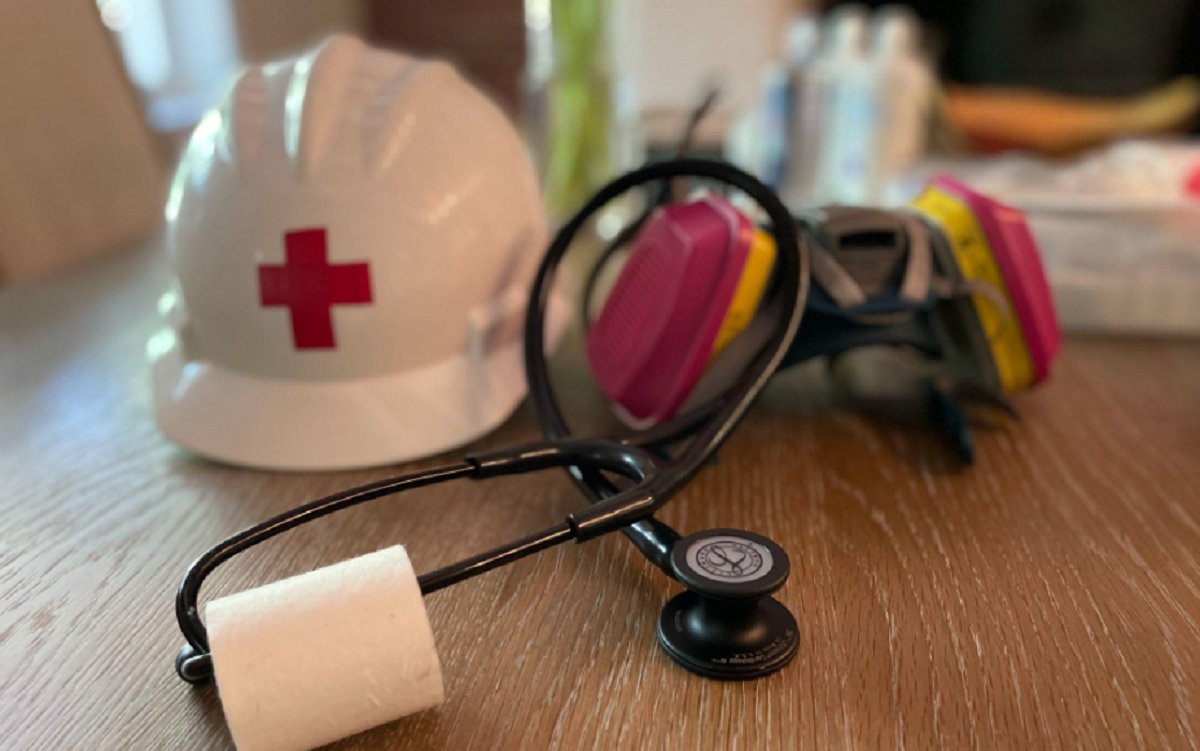
A look at protest medics who face down police and State repression to provide aid to those in the streets.
In 1881 Clara Barton established the American Red Cross – 33 years later, a ship containing 170 red cross surgeons and nurses were sent to aid wounded soldiers in the first World War. Now, nearly two centuries later, a new wave of volunteers are protecting a different type of soldier. Adorned with homemade red crosses, ranging from first-aid certified personnel to licensed clinicians, they carry patients out of clouds of tear gas and a hail of rubber bullets. In the 21st century, police violence is these medics’ war – and the battle is being fought in their backyard.
These are their stories.
Alex, a clinician for DC-based medic collective ‘Medics4Justice,’ has years of practice in the field of medicine. With a bachelors of public health degree and a BSN, she works as a RN while also attending school to be a Nurse Practitioner. When thinking back to the beginning of the George Floyd movement in DC, she recounts emotions which many were feeling, “it just seemed like there was such constant chaos and real mourning that was taking place.”
As a nurse with experience in public health, she feels a special calling to support the DC community, stating, “when your community is suffering there’s a part of you that wants to be supportive in any way that you can.”
For her, that support came in the form of treating injuries that protesters incurred, either due to police violence or general accidents. “Our community and public health programs just aren’t adequate. So being able to be in the streets and provide care as needed is standard for anybody who’s a clinician or a provider or a nurse – you don’t ever say no.”
In the summer, she carried ice packs, saline eye rinse, and red duct tape – which medics use to identify themselves as first aid providers. A red cross fashioned out of duct tape signals to both police and protesters that they are healthcare providers; Clara Barton’s cross made from red ribbon has survived nearly two centuries.
Alex says that treating tear gas and pepper spray injuries in the field was “really essential to make sure that our hospitals which were already overwhelmed with COVID patients wouldn’t be overwhelmed with protesters as well.”
One Minneapolis-based medic, who wishes to remain anonymous but is a registered nurse put it succinctly, “We are the ones who are walking while everyone else is running.”
In Minneapolis, the nurse carries an airway device that separates a patient’s mouth from her own during CPR, as well as “bandages, gauze, and a splint.” Goggles and gloves are also a must, along with respirators in case of tear gas. Though, she adds, “a lot of times people just need food and water.”
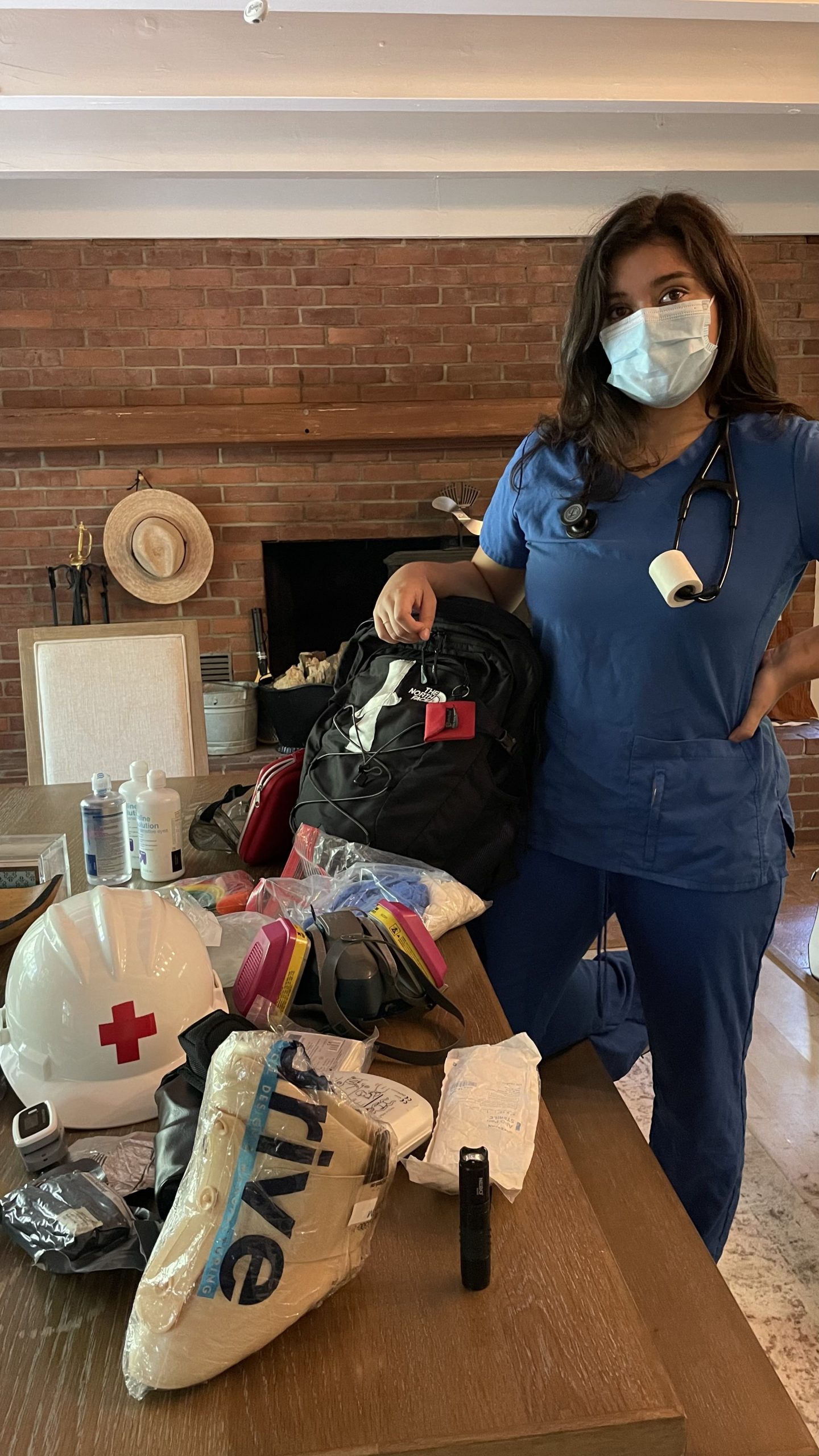
However, while these medics are dedicated to providing care, their red crosses do not give them immunity from violence and trauma. During the height of the protests, while struggling to balance COVID patients and the volatility in the streets, Alex says witnessing a “lack of accountability” is something that will always stay with her. “This idea that police don’t have to play by the same rules that the rest of us do,” including refusing to comply with the mandates they were supposed to be imposing, was one of the “most frustrating things” she encountered at the time. Among these offenses she witnessed was a refusal to enforce the mask mandate in DC. Alex recalls officers who were “spitting in protesters faces, shouting and screaming, throwing projectiles at them,” all while not wearing masks.
Adding to this trauma; while spending evenings treating civilians who were suffering injuries from police, often getting home well after midnight, Alex worked in the local emergency department. As a member of the trauma team she treated emergent COVID cases and as well as routine emergencies. A hectic summer turned into a bleak fall and winter as this country saw a deadly surge in COVID cases. Put bluntly, she says, “the healthcare community is past the point of what is tolerably healthy. We’ve been past our breaking point for quite some time now.”
The healthcare system’s functioning is “the lowest it’s ever been.” Due to these grim realities, Alex is overwhelmed. “I don’t have enough of myself to give to my patients anymore. I don’t have enough of myself to give to myself or my partner anymore.” While the country was applauding healthcare heroes for innumerable sacrifices, street medics faced relentless harassment, violence, and arrest from police forces. Many street medics have even been arrested.
In Minneapolis, the nurse recounts, “we were kettled on the interstate. 646 were arrested, including minors.” Charges were eventually dropped against herself and the other medics. “We had big red crosses out of duct tape. We are identified as medics through all our clothing and backpacks.” She says, “and still cops used lasers to see where they could shoot rubber bullets.”
In DC, a large number of medics were arrested on August 17th in Adams Morgan during a kettle that resulted in over 40 arrests. Afterward, even though all charges were dropped for the medics, they faced further harassment by the DOJ.
Alex accompanied the medics and lawyers when they initially attempted to recover all the belongings, including cell phones, that had been confiscated during the arrest. She recalls being told that “anything we wanted to get back we’d have to send a request to Bill Barr’s office to the DOJ.”
Two medics received their confiscated phones nearly a year later, in August of 2021. While police claim to have not used riot control munitions at that particular protest, there are many instances of Minneapolis Police using RCA’s at protests over the summer.
The ACLU has filed a lawsuit against the DC Police Department for “unleashing chemical irritants and stun grenades on racial justice protestors and photojournalists in August 2020.” The suit claims that the Police Department used these irritants a month after the DC Council banned the use of such weapons at demonstrations.


